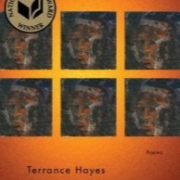Sheila Sondik’s LIGHTING UP THE DUFF
LIGHTING UP THE DUFF, Sheila Sondik. The Poetry Box, Portland, OR, 2024, 48 pages, paper, 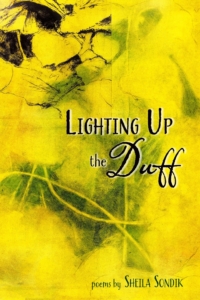 $14.00, https://thepoetrybox.com.
$14.00, https://thepoetrybox.com.
I love this chapbook by Bellingham poet and printmaker Sheila Sondik. I read it before publication and wrote one of the cover blurbs. I read it again during the Sealey Challenge in August. And again, today. New delights and discoveries each time.
“Duff” is the fungi and decomposing leaves and other detritus that sifts to the forest floor, that stuff you scuff through when you walk on wooded trails. The other term you need to understand in order to make your way through these poems is “Golden Shovel,” a poetic form invented by Terrence Hayes in which the last word of each line is taken from a single line of poetry by another poet. Lighting Up the Duff perfectly and playfully marries these two ideas, while paying tribute to Sondik’s influences: Linda Pastan, Kenneth Rexroth, George Oppen, Philip Levine, Maxine Kumin, Frank O’Hara, Bob Kaufman, William Carlos Williams, Alicia Ostriker, Marge Piercy.
Well, playfully, but there are more serious threads running through here as well: Covid, aging, and Sondik’s care for the natural world and its endangered beauty. Using a line borrowed from Bob Kaufman’s “Response,” she creates this poem:
Blow, Wind, Blow!
—after Bob Kaufman
Firs and red cedars are dancing
in the fierce November winds.
Under the comforter, will
we find the courage to sing
bold anthems of praise for
the buffeting? I embrace you.
We two become one ancient
breathing trunk. Call on the gods
to share our awe. Requests will
receive no response. Don’t pray
to idle distraction. Advocate for
the beast the howling wakes in you.
Sheila Sondik
—Sheila Sondik
I was especially fond of the Pastan and Kumin influenced poems. And who can’t help but be delighted by a poem beginning “I will write my biography in recipes”? (“The Joy of Cooking”). A line from Pastan, “Electrons move around their nucleus like moths circling a light or earth the sun,” inspires Sondik’s “Mutual Attractions,” which includes this passage: “We hip-hop like / dolls … or like moths / flittering frantically bumping into screens…”
I encourage you to take a look at Sondik’s book at The Poetry Box (it’s a beautifully made book, with cover art by Sondik), or get your own copy and see how gorgeous it is for yourself. You can find more images at her website, https://sheilasondik.com/.
Plus, if you’re looking for a poetry prompt, the Golden Shovel is a great one.

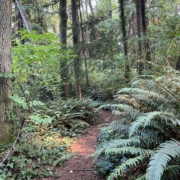
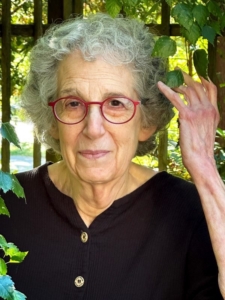

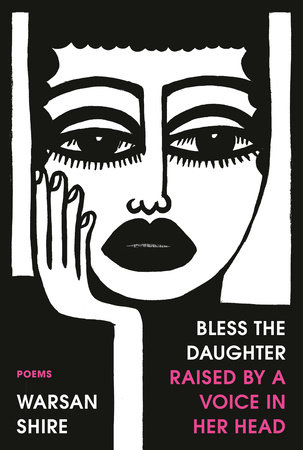 poem, “Home.” This line sounded so familiar to me that I thought Shire must be quoting someone. But, no. In fact, people are quoting poet Warsan Shire, and the line has become a rallying cry for refugees, immigrants, and human rights advocates. Born in Kenya to Somali parents, Shire has lived in Britain and the U. S. The poems are often shocking, always authentic.
poem, “Home.” This line sounded so familiar to me that I thought Shire must be quoting someone. But, no. In fact, people are quoting poet Warsan Shire, and the line has become a rallying cry for refugees, immigrants, and human rights advocates. Born in Kenya to Somali parents, Shire has lived in Britain and the U. S. The poems are often shocking, always authentic.